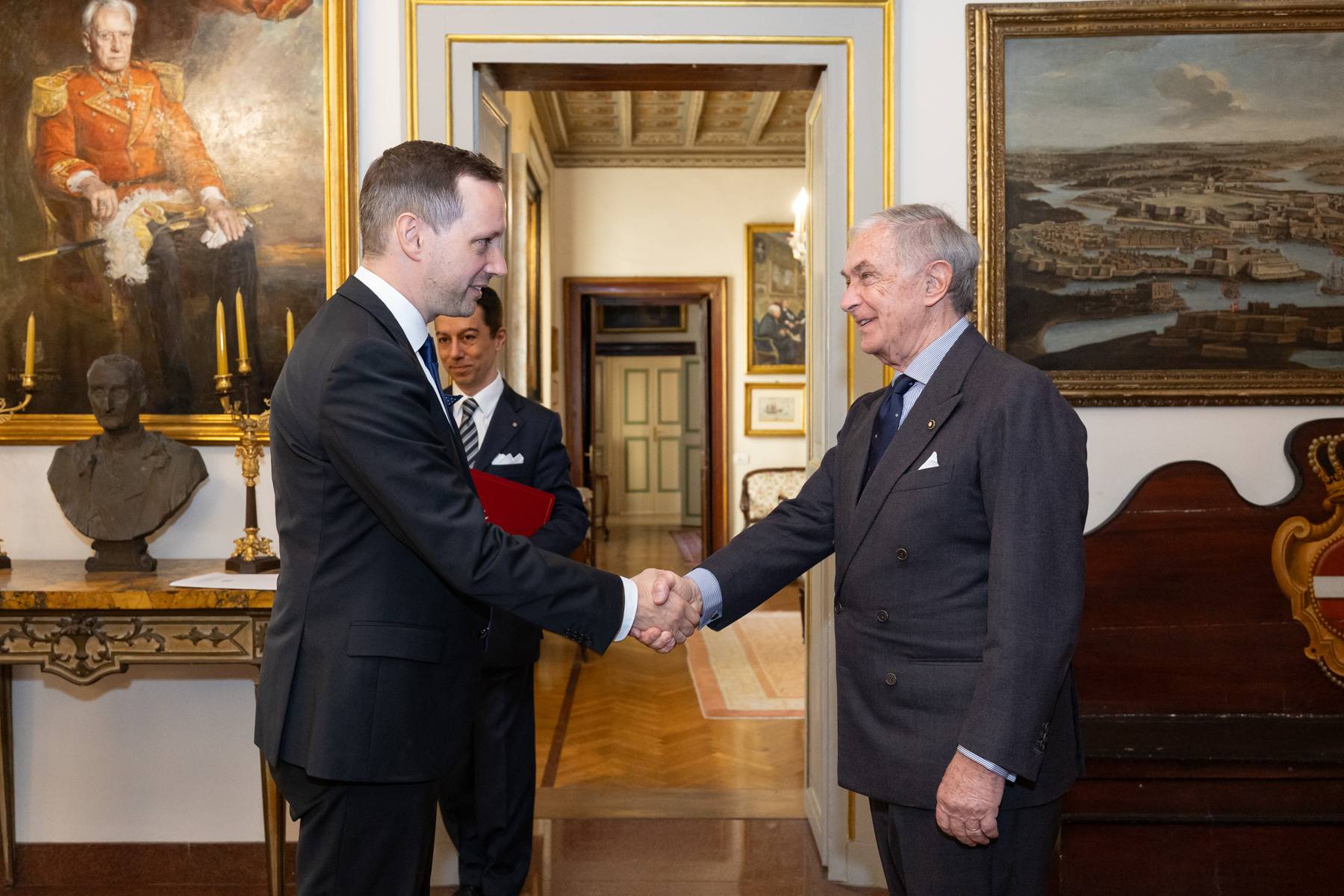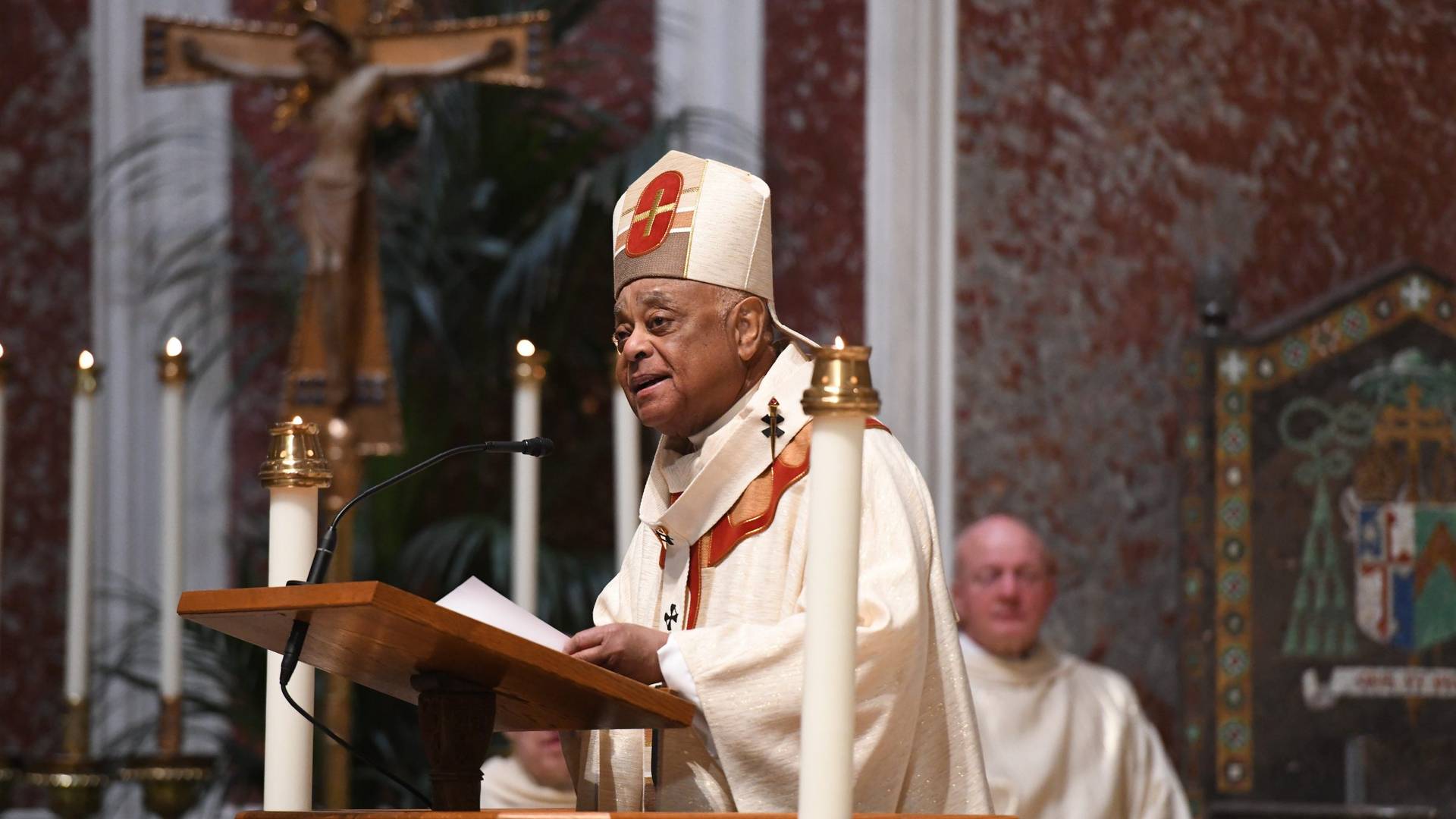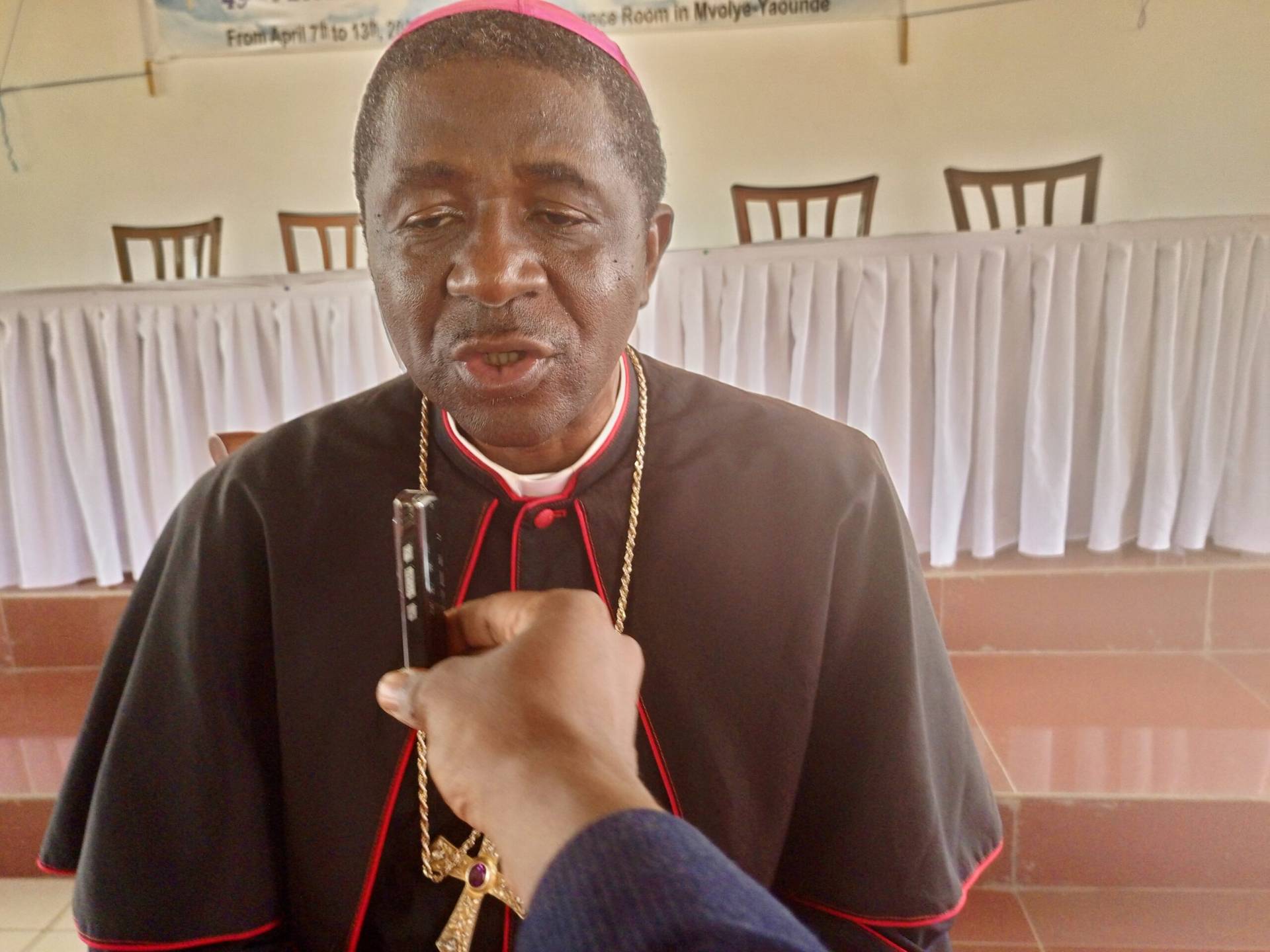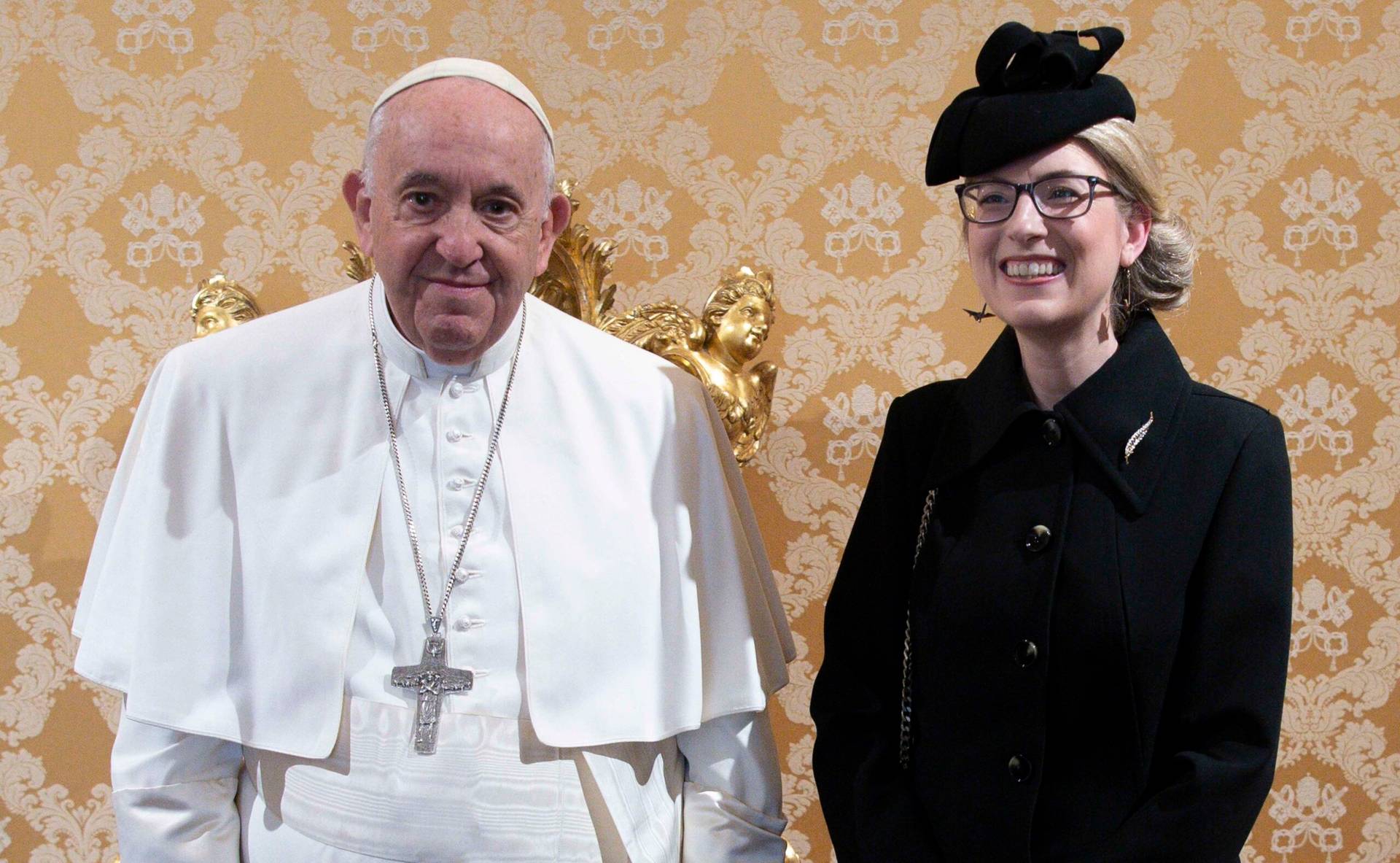[Editor’s Note: Archbishop Charles J. Chaput was named archbishop of Philadelphia in 2011 by Pope Benedict XVI. As a member of the Prairie Band Potawatomi Nation, he was the second Native American to be ordained a bishop in the United States and is the first Native American archbishop. A member of the Capuchin Franciscans, Chaput is the author of Living the Catholic Faith: Rediscovering the Basics and Render unto Caesar: Serving the Nation by Living Our Catholic Beliefs in Political Life. His latest book, Strangers in a Strange Land: Living the Catholic Faith in a Post-Christian World, a look at the state of Catholicism and Christianity in the United States. He spoke to Charles Camosy.]
Camosy: We live in a deeply fractured culture, one struggling to hold itself together while making space for multiple, contradictory understandings of the good. But, historically-speaking, are things really that bad? I think about culture-rending debates over slavery, prohibition, civil rights, etc., and what we are going through seems almost tame by comparison.
Chaput: I’d answer that two ways. First, we’ve seen 60 million abortions in the United States since 1973. They’re not “tame by comparison” to any sin in our past. They’re historically unique as an obscenity. People can’t kill their young, lie to themselves and others about the gravity of what they’re doing, or tolerate and excuse others doing it, and then expect to have a future. We’re creating a nation of comfortable bodies and dead souls. There’s nothing tame about that except an empty conscience.
Second, the conflicts you name all took place in a different country; a country that shared a common, biblically informed moral vocabulary. Prohibition was an anomaly. It didn’t have the same order of importance as the other issues you mention. It’s a pretty clear case of how moralizing can backfire if an issue isn’t essential to protecting the common good.
The struggles to end slavery and win civil rights were very different. They were essential to defining us as a people. And they were both won using arguments inspired by a Christian moral sense that was very widely shared. That’s no longer the case. Multiple, contradictory understandings of the good can’t coexist equally and indefinitely in a society. Some form of a moral code will always dominate. That’s the struggle we find ourselves in right now, whether we want to admit it or not.
Several books have been published recently attempting to address what might be called a post-liberal moment. A remarkable thing given that it was only 26 years ago that Fukuyama published The End of History. Where do you find yourself amidst such arguments?
Augustine is a great source of realism and hope. So probably the best book on the “post-liberal” moment is his City of God. All political systems – all of them, including ours – have a limited lifespan. Ours has had a pretty good run, and there’s still a huge amount of good in our country that’s worth fighting for. But all political systems tend to invite a kind of idolatry because they involve the acquisition and use of power. Ours is no different.
I find myself agreeing with a lot of the cultural analysis being done by people like Michael Hanby and Patrick Deneen, and also R.R. Reno in a different way. But I don’t think the American Founding was pre-determined to turn out the way it has, based on its original blueprint. Or at least I don’t want to. People are free. We can choose and build the good, even when a blueprint is flawed. So I’ve always admired the work of Father John Courtney Murray. He could be very critical of America’s flaws in his essays, but he believed the Founding had room for God, and therefore Catholics and other Christians could shape the American experience toward the good. I still believe that. It might be harder these days, but I still believe it.
What do you make of the view that “liberalism sounds pretty bad until you start thinking about alternatives”? Should we fear that post-liberals are unwittingly making space for a new kind of fascism to be its replacement?
There’s some truth to that, but it also sounds suspiciously like excuse-making. “Fascism” is the kind of word people throw around when they don’t like an idea, but they’re too lazy or inarticulate or vindictive to explain why. Liberal democracy has a lot of great advantages, but plenty of flaws as well. And that needs saying. The fact that cultural coercion in our country – on matters like sex, for example — is relatively soft and barely visible doesn’t make it any less real. Tocqueville saw this clearly 200 years ago in Democracy in America. A lot of current thinking that styles itself as enlightened and “progressive” has an intolerant, coercive streak. It just pretends to be otherwise.
Regardless of how one answers the sweeping historical questions, it does seem clear to nearly everyone that liberalism is finding it more and more difficult to make space for versions of the good that the majority (and/or those with power) do not share. In many contexts the Church finds itself in precisely this ever-shrinking space. In your view, what should the Church’s general stance be in light of such trends?
Again, Augustine is the man. He was very critical of the Roman state and skeptical of the “City of Man,” but the people he loved and pastored had to live and love and find their way in a Roman world. So he worked with the realities at hand, without being tricked or captured by them. And more than that, he never lost sight of the beauty and goodness that remained in the world. He was a realist but always a man of hope — never bitter, never a cynic.
I think Joseph Ratzinger’s radio addresses from 1969-70 that were later edited into the book Faith and the Future (Ignatius) are essential reading today. Like Augustine, Ratzinger can sometimes seem dark at first, but his words have an exhilarating clarity, trust in God, and confidence in the future of the Church. There’s no contradiction between Jorge Bergoglio’s “Joy of the Gospel” and Joseph Ratzinger’s candor about the difficulties facing the Church in the coming decades. The truth makes us free – if we accept it — and only a free heart can experience the real joy of resting in God.
Let me finish by asking about a specific example. Last year the ACLU sued a Catholic hospital system in Michigan because they didn’t perform certain kinds of abortions. The Church won that case, but my prediction as both a bioethicist and a political junkie is that we are unlikely to win all such cases in the future. Suppose a court with jurisdiction over the Archdiocese of Philadelphia mandated that your Catholic hospitals perform certain kinds of direct abortions. How would you handle it?
Most Catholic-affiliated hospitals operate independently of local dioceses. A bishop typically has only an indirect influence on a hospital’s decision-making. But in the hypothetical case you mention, I would expect the hospital to resist through the courts, and to close down if that legal course failed. Anything less would result in the revocation of the hospital’s Catholic designation. There’s no way a Catholic institution can cooperate in a form of homicide, which is precisely what every abortion involves.














